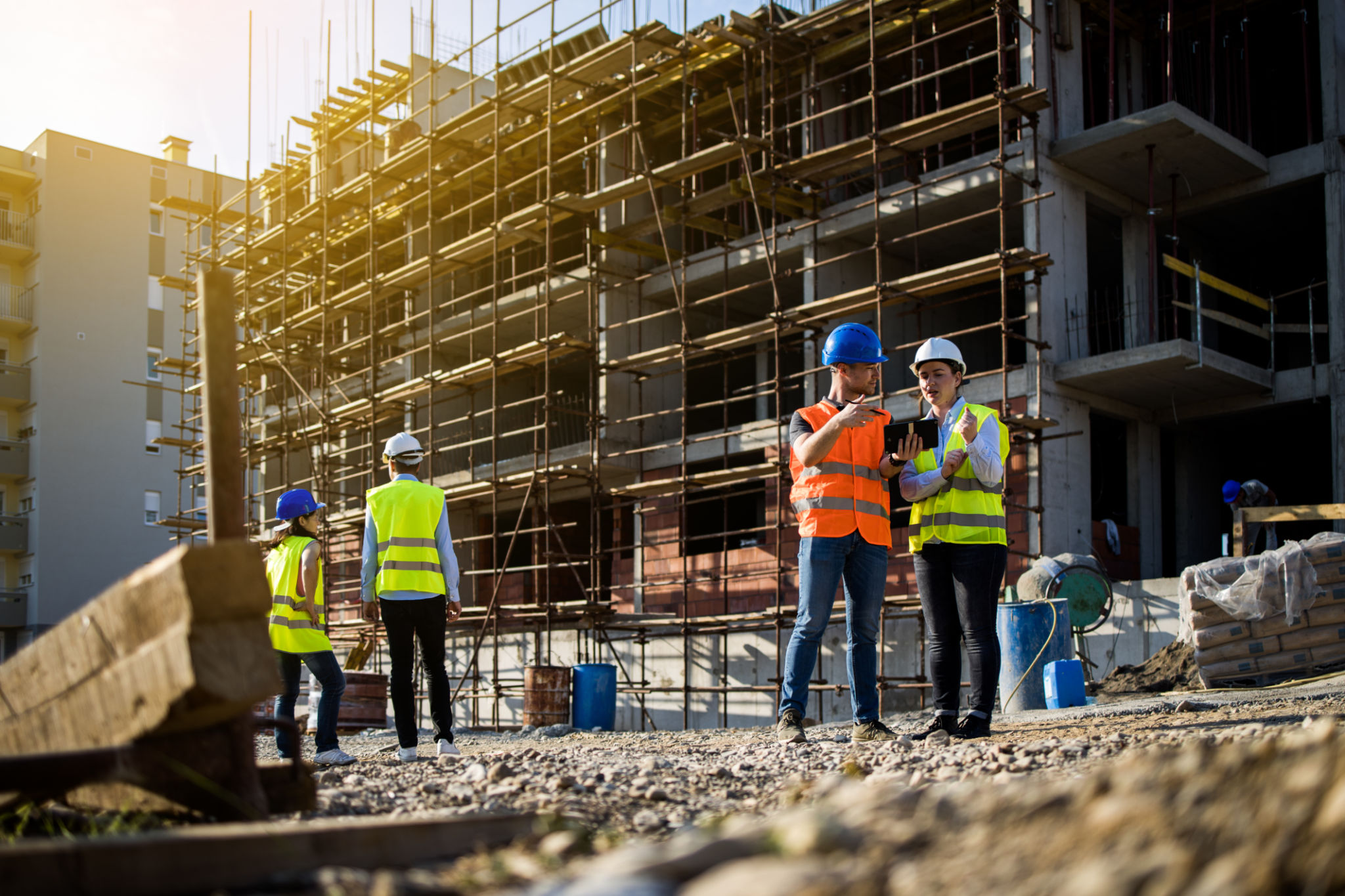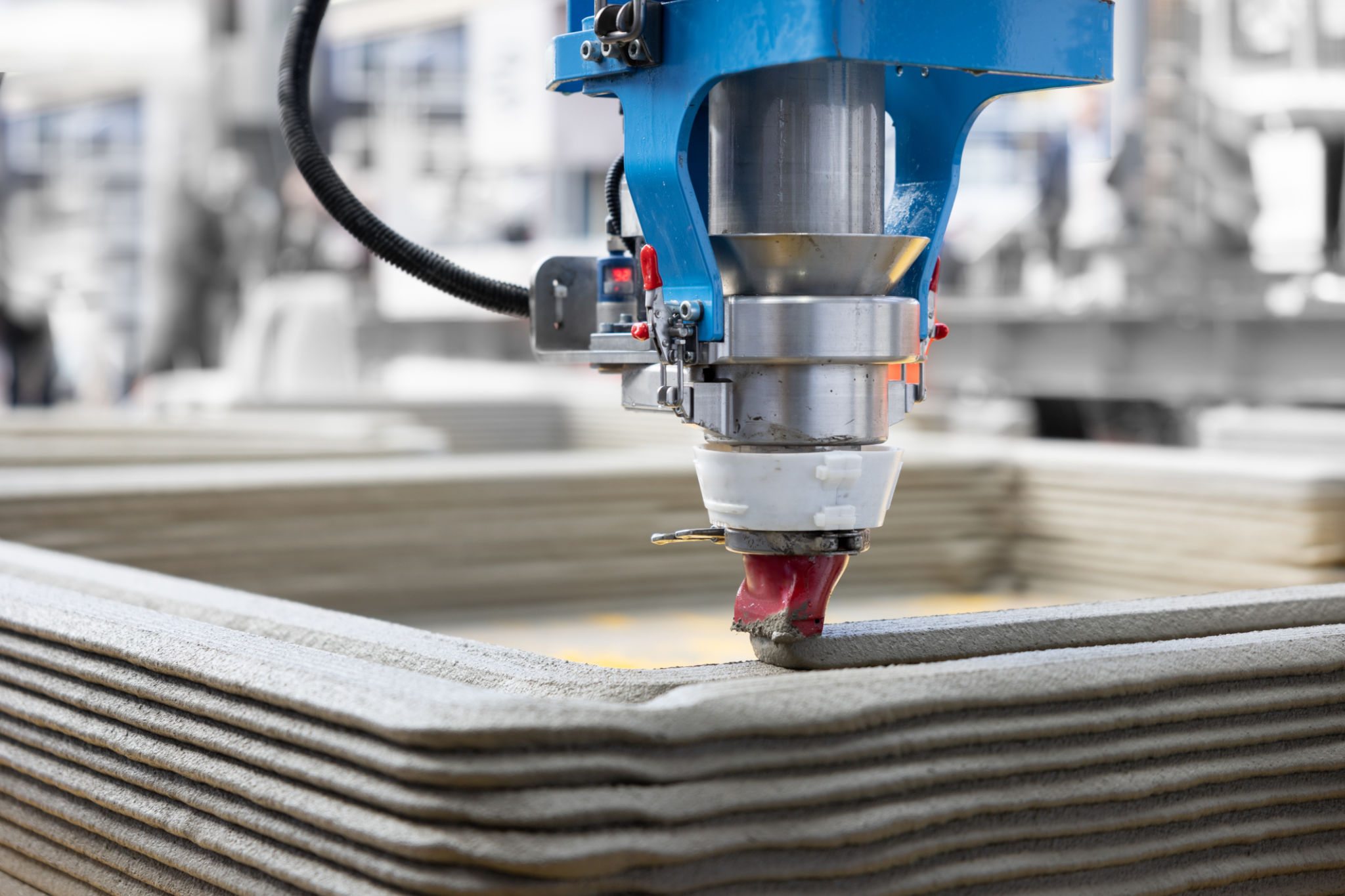Key Innovations in Construction for Industrial Warehouses
Introduction to Innovations in Industrial Warehousing
The construction industry is experiencing a significant transformation, particularly in the realm of industrial warehouses. As businesses strive for efficiency and sustainability, innovations in warehouse construction are becoming pivotal. These innovations not only enhance productivity but also ensure environmental responsibility, cost-effectiveness, and adaptability to future needs.
Advanced Building Materials
One of the most significant advancements in warehouse construction is the use of advanced building materials. Materials like pre-engineered metal buildings (PEMBs) offer a blend of durability and flexibility, which is ideal for large-scale industrial projects. These structures are designed to withstand harsh weather conditions while allowing for rapid construction timelines.

Automation and Robotics
The integration of automation and robotics into warehouse construction is another game-changer. Automated systems are now used extensively for everything from material handling to the actual construction process. Robotics enables precise and efficient assembly, reducing human error and increasing safety on the construction site.
Sustainable Design Practices
As sustainability becomes a crucial consideration, warehouses are being designed with energy efficiency in mind. This includes the use of solar panels, energy-efficient lighting systems, and advanced insulation materials. Such practices not only lower operational costs but also contribute to a smaller carbon footprint.

Smart Warehouse Technology
The implementation of smart technologies is revolutionizing warehouse operations. These technologies include the Internet of Things (IoT), which allows for real-time monitoring of inventory and environmental conditions. Smart sensors and tracking systems ensure that warehouse operations run smoothly and efficiently.
3D Printing in Construction
3D printing is paving the way for innovative construction methods in the warehouse industry. This technology allows for the creation of complex components with precision, reducing material waste and speeding up the construction process. 3D-printed structures are not only cost-effective but also customizable to specific needs.

Flexible Warehouse Designs
Flexibility is a key consideration in modern warehouse design. Modular construction techniques allow for warehouses to be easily reconfigured or expanded as business needs change. This adaptability ensures that warehouses remain functional and relevant, even as industries evolve.
Conclusion: The Future of Warehouse Construction
The future of industrial warehouse construction lies in embracing these key innovations. As technology continues to advance, so will the opportunities to create more efficient, sustainable, and adaptable warehouse spaces. For businesses looking to stay competitive, investing in these innovations is not just beneficial—it's essential.

